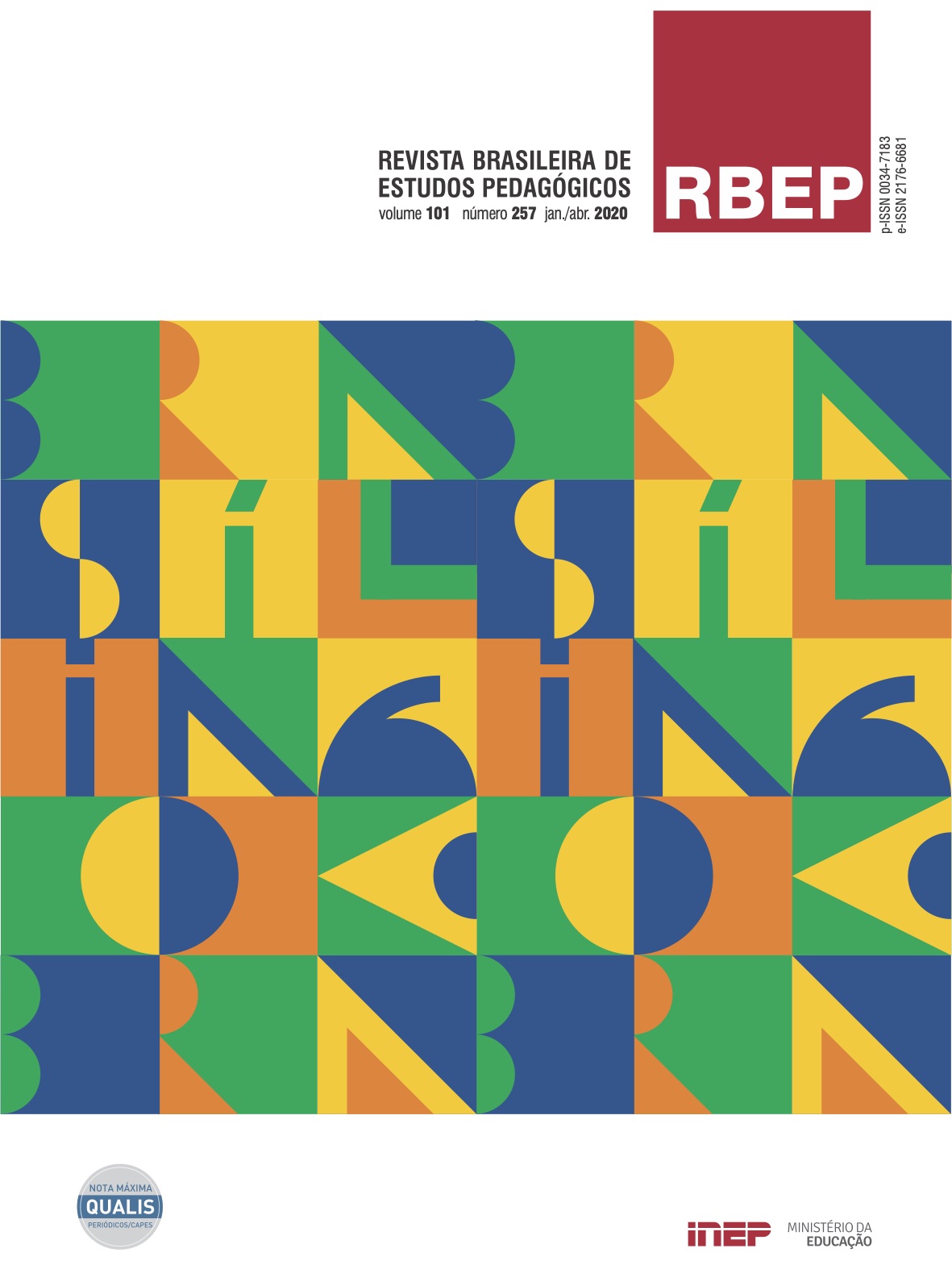Ten years of Federal Network of Professional, Scientific and Technological Education: the social role of Federal Institutes
Abstract
In 2018, it was the celebration of ten years of the implementation of the Brazilian Law 11,892/08, which created the Federal Network of Professional, Scientific and Technological Education. This public policy was responsible for expanding the number of technical schools in Brazil, which currently has more than 600 campuses spread throughout the country. Thus, the present study aims to analyze the effects of this policy on the qualification of public basic education. For this, different statistical methods of multivariate data analysis were used, especially principal component analysis. Our research was based on data provided by the National Institute for Educational Studies and Research (Inep) on its website. Our results suggest that, in the ten years this public policy has been implemented, Federal Institutes have played an important social role. Students on these institutions perform similarly to students on private institutions at the National Exam of Upper Secondary Education (Enem). However, the socioeconomic profile of those students is very different, resembling that of state school students. The research also shows that this good performance is due to a number of factors, including the proper training and the great working conditions of their teachers.
Downloads
Once their work is accepted for publication, author’s copyrights are automatically relinquished to the National Institute for Educational Studies and Research Anísio Teixeira (Inep).
Since 2016, the journal Revista Brasileira de Estudos Pedagógicos (RBEP) uses the licence CC-BY.
Partial or total reproduction of the content of this Journal is permitted provided that the original publication is properly referenced, as well as a link to license CC BY 4.0 and to indicate any possible alterations made to the article.




















